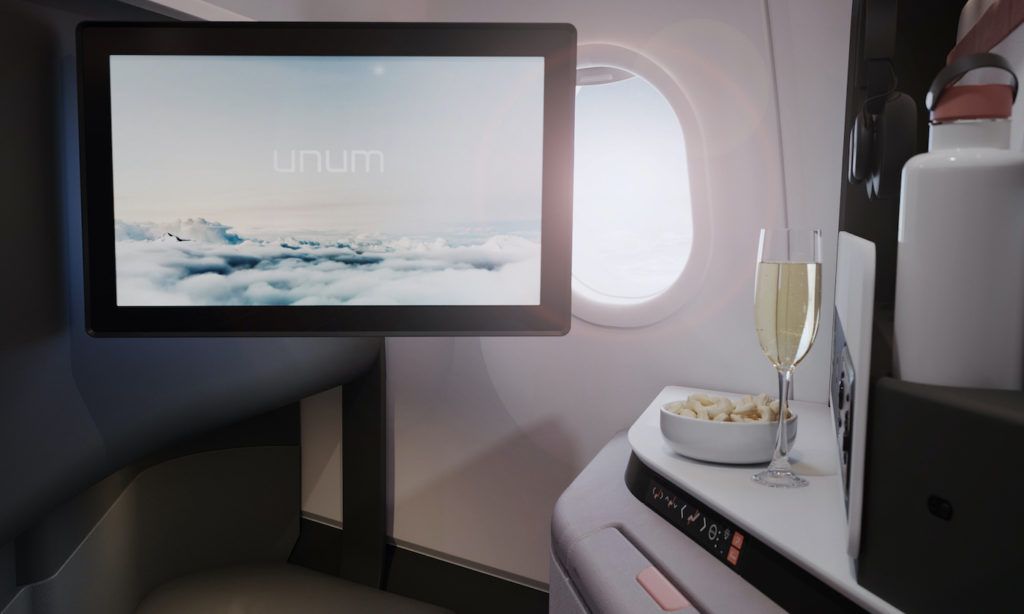2020 has been a crazy year already. From Australian bushfires to climate emergencies, to US trade tariffs, the start of the decade hasn’t been very positive. Not only this, within the last few months there has been something much worse brewing: the coronavirus (Covid-19).
So how is this affecting the electronics industry? Electronics manufacturers anticipate at least a five-week product shipment delay from suppliers due to the coronavirus epidemic, according to a survey conducted by IPC, a global electronics manufacturing association. The group says that shipping delays from China and other countries where the virus has spread are already having negative impacts on manufacturers. Roughly 65% of manufacturers report that their suppliers expect, on average, a three-week delay. However, electronics manufacturers expect delays to be longer than their suppliers are currently quoting. On average, executives expect shipment delays to be at least five weeks.
“The delays will likely have ripple effects for the rest of the year,” said John Mitchell, IPC’s president and CEO. “The longer China is affected by the epidemic, and the more it spreads to other parts of the world, the supply chain will experience more and varied strains and disruptions.”
The virus is not only affecting companies within the industry, but also events. SemiCon Southeast Asia 2020 has been postponed from 12-14 May 2020 to 11-13 August 2020 due to concerns surrounding the virus. “After close consultation with our stakeholders, which include partners, exhibitors, industry peers and the general community, we have made the necessary decision to postpone,” said Bee Bee Ng, president of SEMI Southeast Asia.
How is the virus affecting the global economy?
The virus has already caused many knock-on effects for the global economy. From lengthy manufacturing time frames to fewer sales, there is global fear of the economy slowing down to a halt. According to City A.M, Bank of England governor Mark Carney has said the economic shock from coronavirus “could prove large” but sought to reassure the public that it will “ultimately be temporary”.
However, things may be looking up for the electronics industry. UK Prime Minister Boris Johnson has stressed that in order to have a chance at tackling this virus, we need more ventilators. For many patients critically ill with Covid-19 a ventilator could be a matter of life or death. The structure of the machine is to get oxygen to the lungs while removing carbon dioxide. This is essential for patients who are too sick to breathe on their own.
“The fact the government is asking manufacturers to make a different product to what they normally make is unprecedented since World War Two,” Justin Benson, from the consultancy KMPG, said. “It’s a relatively complex piece of equipment with lots of components and a dedicated supply chain. So, asking someone who makes a car to produce a respirator would take them some time.”
However, this task would result in more work for many electronic manufacturing companies and potentially create new jobs. According to the Guardian, the first batch of ventilators will be 5,000 from Oxfordshire-based Penlon. The ventilator specialist is drawing on manufacturing support from firms including the McLaren and Mercedes Formula 1 teams, Ford, Siemens and Meggitt. Not only this, Tesla is doing a great job at contributing to tackle the virus. As stated by Forbes, the coronavirus crisis has led Tesla boss, Elon Musk to jump into the medical device industry, with his SpaceX company fabricating components for Medtronic MDT ventilators, corporate donations of BiPAP breathing machines that can be modified for use as non-invasive ventilators and promising to use a Tesla TSLA factory to produce ventilators. Now Tesla engineers have designed a prototype ventilator that uses parts adapted from electric vehicles.
Challenges
These are very difficult times for individuals and businesses due to the uncertainty of what the future holds. Let’s start with the electronics industry striving to produce ventilators. Ventilators are very difficult to manufacture due to its unique structure and programming.
“These are extremely sensitive machines with not only a lot of hardware, but also a lot of software. If one of the components does not work correctly, the whole machine shuts down and cannot be used anymore,” stated Jens Hallek, CEO at Hamilton Medical.
However, large and small companies are joining forces in order to tackle the virus once and for all. According to the Daily Mail, a family-run engineering company located in Wales is developing a new ventilator to treat patients. It is said they are on their way to producing 100 ventilators a day. Engineering company CR Clarke, which usually designs plastic fabrication equipment for industry, was approached by Dr Rhys Thomas (an NHS Senior) who was concerned at the lack of ventilators in intensive care units.
According to many sources, the ventilator production target isn’t looking too positive. As stated by the BBC, manufacturers have said they cannot produce enough ventilators within the deadline. Health officials expect the virus to peak in around two weeks’ time (mid April) but they need 30,000 ventilators – while currently only having 8,000 to hand.
However, things aren’t looking too bad if Dyson approves its order from the Government. The BBC says that Dyson has received an order for 10,000 units, pending regulatory approval. The firm, headed by British inventor Sir James Dyson, has drawn up its design from scratch in collaboration with Cambridge-based medical firm, The Technology Partnership.
As the shortage of ventilators is becoming more crucial for tackling the virus, “health professionals may be obliged to withdraw treatment from some patients to enable treatment of other patients with a higher survival probability,” according to the BBC.
“This may involve withdrawing treatment from an individual who is stable or even improving, but whose objective assessment indicates a worse prognosis than another patient who requires the same resource,” the BBC added.
On the other hand, the virus has caused many challenges for manufacturers and suppliers. According to Business Insider, a survey was carried out by IPC on the effects the virus is having on companies within the electronics industry. IPC found that around 65% of respondents were told by suppliers to expect delays of around three weeks in shipments due to the outbreak.
One anonymous manufacturer told IPC, “The Chinese local government is fully overwhelmed with this process and could take weeks to get flushed out for factory production starting.”
Overall, I expect further delays on manufactured electronics. Another quote from Business Insider says that some manufacturers told IPC that they were rerouting supply chains to avoid areas in China heavily affected by the coronavirus. DuBravac said many manufacturers are keen to establish a “dual-sourced” supply chain regardless of the outbreak, to keep from overly relying on one supplier or region.
When it comes to the impact that the coronavirus will have on their business, 30% of survey participants admitted to being ‘extremely concerned’, while 54% said they were ‘somewhat concerned’. The survey ran between 11-16 February .However, as China was recently uplifted of its lockdown, manufacturing and delivery times should slowly shorten within the next few weeks.
Cancellations
Many global industry trade shows were sadly cancelled or postponed due to Covid-19. These include The Electronic Component Show, Mobile World Congress and EDS. For many organisations these events are a huge source of their marketing budgets and reliable income.
Let’s hear what the industry professionals have to say:
SOS Electronic: At this time, we have not detected any specific interruptions within our supply chain. However, delivery dates for certain products may ultimately be affected in the future. Therefore, we cannot guarantee them with certainty, and we encourage customers to place new orders in time to avoid coronavirus problems that may affect their business.
Mouser Electronics: Regarding travel, we have restricted all travels to Asia and within Asia. We have recently also stopped all travel to Italy and are limiting all other travels to Europe, within Europe and to/from the USA. It is highly likely that we will see very few people flying for at least the next month, unless in exceptional circumstances, and we see the same from most of our supplier partners. As the situation changes, we will review.
Digi Key: Our business model positions us with substantial inventory to offer minimal disruption to our customers, and we have worked closely with our multiple carrier partners to mitigate the impact on cargo plans.
Amy Leary is marketing manager at eBOM.com
Amy Leary, Marketing Manager at eBOM.com





